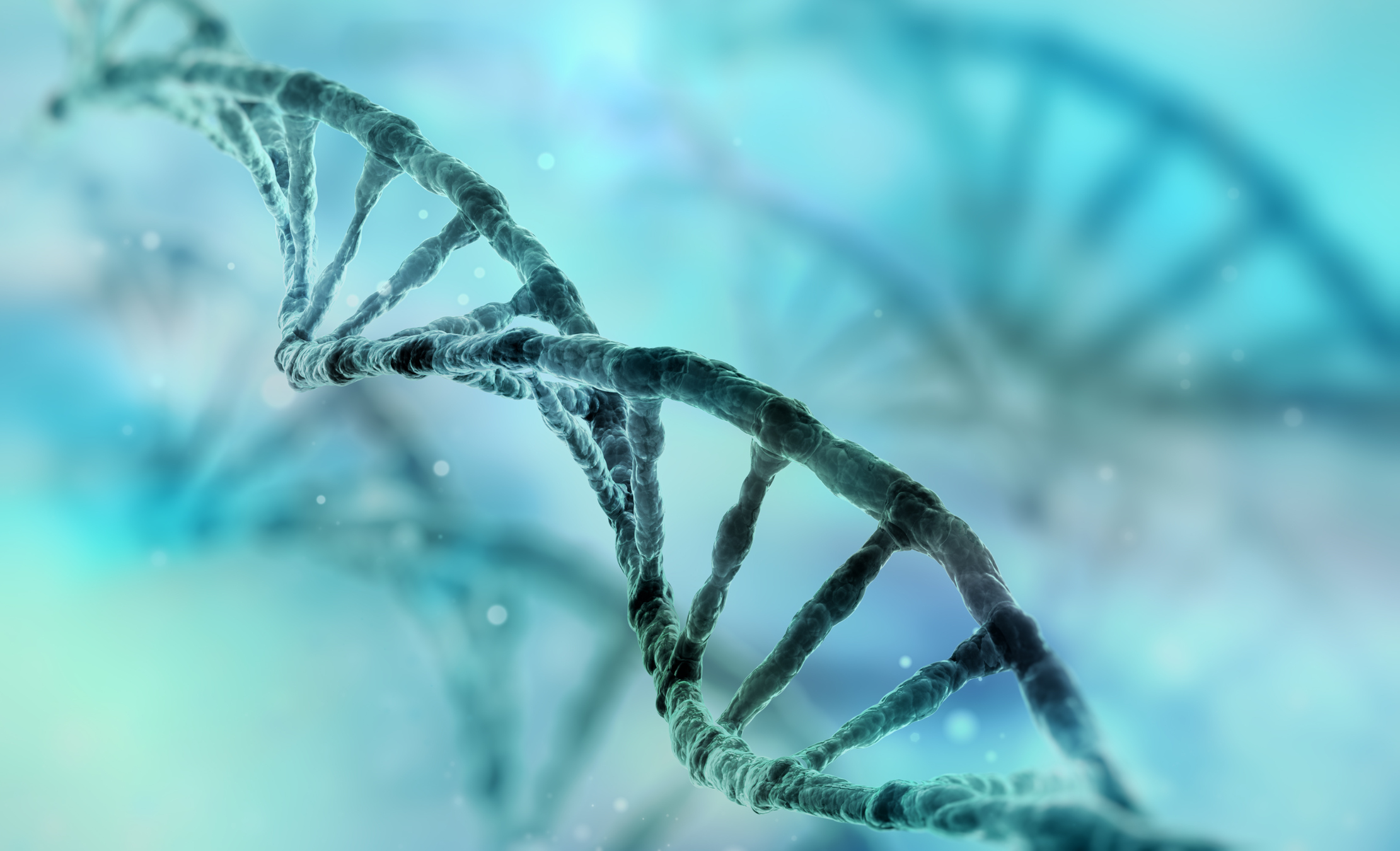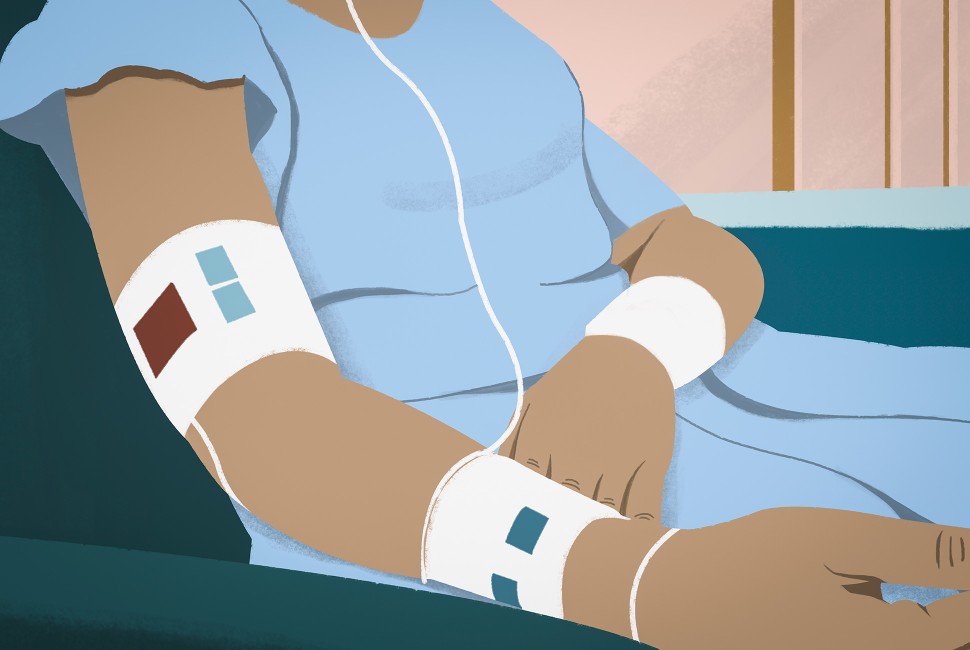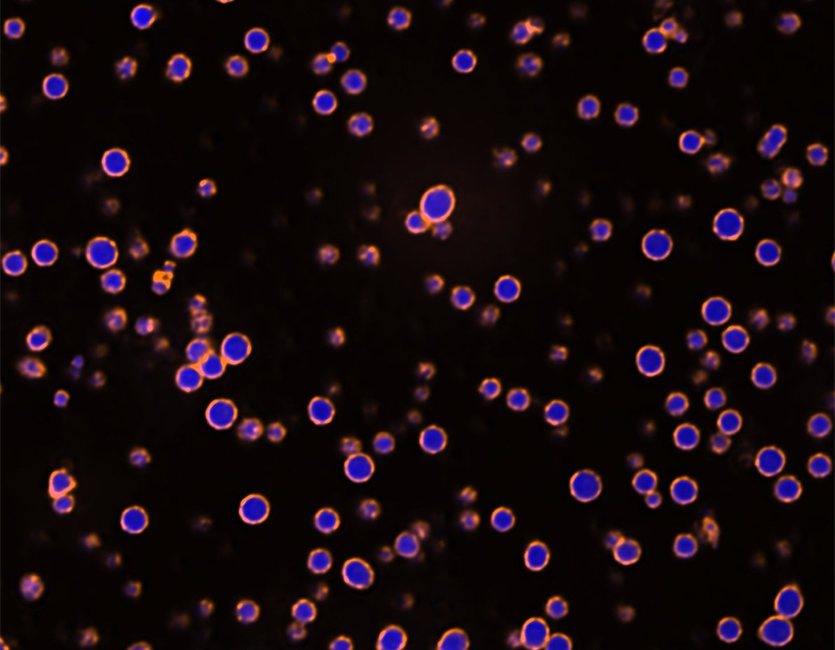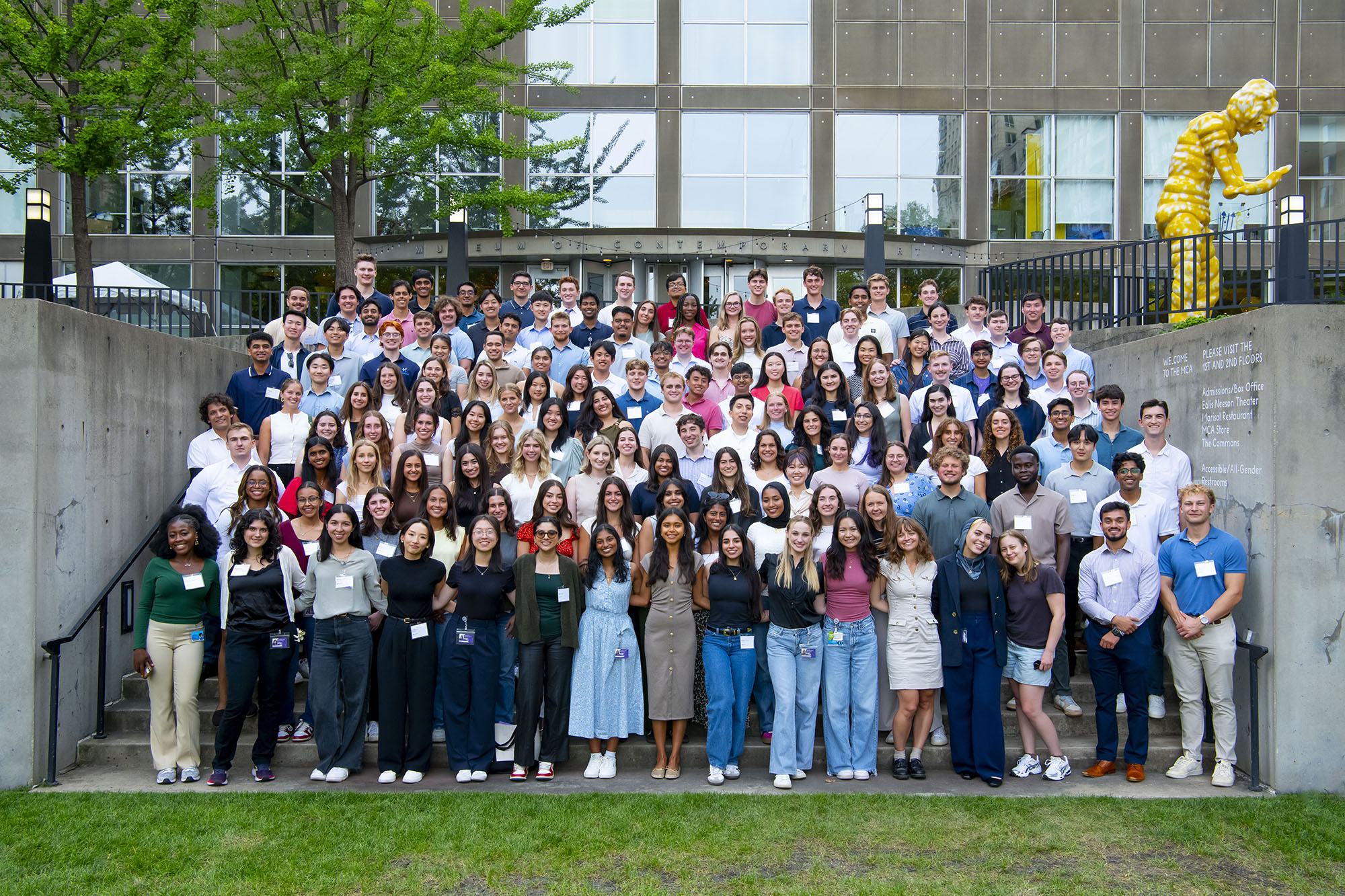Media Coverage
The work done by Northwestern University Feinberg School of Medicine faculty members (and even some students) is regularly highlighted in newspapers, online media outlets and more. Below you’ll find links to articles and videos of Feinberg in the news.
-
Crain’s Chicago Business
–
NorthShore hospitals’ patient safety grades improve, Rush falters
“These safety grades reflect the incredible work that is being done through our multi-year journey to establish NorthShore as a top performer nationally in the area of quality and patient safety,” health system President and CEO J.P. Gallagher said in a statement. “We’re making significant investments to elevate our quality, expand our reach and deliver exceptional experiences to our patients.”[…]Thirteen Illinois hospitals have received A grades for the past three years:[…]Northwestern Medicine Central DuPage Hospital (Winfield)
-
Reuters
–
Benefit of low-salt diet for heart failure uncertain
But the results still don’t mean doctors and patients should abandon recommendations to cut back on salt, said Dr. Clyde Yancy of the Northwestern University, Feinberg School of Medicine in Chicago. “I am certain that there will be those who declare, `Hallelujah! I can have a big bag of potato chips tonight!’ but don’t do it,” Yancy, author of an accompanying editorial, said by email. “The consequences will be the same as before, you will become ill.”
-
National Public Radio
–
We Just ‘Fell Back’ An Hour. Here Are Tips To Stay Healthy During Dark Days Ahead
“You might not think that a one hour change is a lot,” says Fred Turek, who directs the Center for Sleep & Circadian Biology at Northwestern University. “But it turns out that the master clock in our brain is pretty hard-wired, ” Turek explains. It’s synchronized to the 24 hour light/dark cycle. Daylight is a primary cue to reset the body’s clock each day. So, if daylight comes an hour earlier — as it will for many of us this weekend — it throws us off. “The internal clock has to catch up, and it takes a day or two to adjust to the new time,” Turek says.
-
National Public Radio
–
We Just ‘Fell Back’ An Hour. Here Are Tips To Stay Healthy During Dark Days Ahead
Chudow is set to present his research at an American Heart Association conference this week. The findings are preliminary, but they give insight into just how sensitive our bodies can be to time. Fred Turek is director of the Center for Sleep & Circadian Biology at Northwestern University. I asked him what’s happening in our bodies and brains as we adjust to the time change.
-
CBS News
–
More deaths seen with less-invasive cervical cancer surgery
In light of the results, the researchers say it is no longer appropriate for doctors to perform laparoscopic surgery to treat cervical cancer. “At this point, we would recommend only using open surgery to perform a radical hysterectomy for cervical cancer,” co-senior author Dr. Shohreh Shahabi, chief of gynecologic oncology at Northwestern University Feinberg School of Medicine and a Northwestern Medicine physician, said in a statement.
-
HealthDay
–
Antibiotics During Infancy May Up Childhood Obesity Risk
Dr. Ruchi Gupta, a senior scientist in child health research at Northwestern University’s Feinberg School of Medicine in Chicago, said the findings are interesting because they raise “questions about factors such as antibiotics and medications that alter gut microbiome and can potentially influence other health conditions.” She was not involved with the study. But Gupta cautioned that for now the findings should only be viewed as an “important association.” More research will be needed “to truly understand cause and effect, as it is a complex condition influenced by many environmental, behavioral and genetic factors,” she said.
-
NBC News
–
Keyhole surgery may be riskier for cervical cancer, studies find
“An alternative explanation is that U.S. surgeons could have been less experienced with the minimally invasive procedure than with open surgery during the study period,” he said. The doctors involved agree their findings apply only to cervical cancer. “It is important to note these results are specific to cervical cancer, and minimally invasive surgery is still a great option for other surgeries and cancers,” said Dr. Shohreh Shahabi, chief of gynecological oncology atNorthwestern University Feinberg School of Medicine, who worked on one study team.
-
Huffington Post
–
Could Your Birth Control Be Masking Fertility Issues?
If you’re worried about your contraception causing problems with getting pregnant, you can exhale. “In many ways, birth control can protect your fertility,” said Lauren Streicher, a clinical professor of obstetrics and gynecology at The Feinberg School of Medicine at Northwestern University and the founder and medical director of the Northwestern Medicine Center for Sexual Health and Menopause. “For example, the reason the birth control pill works is because it’s a combination of estrogen and progestin, it gives your ovaries a rest and does the work for them,” she continued. “When on it, you have the right amounts of progesterone and estrogen and you don’t get abnormal buildup in the lining of the uterus. It also helps you avoid issues like polycystic ovary syndrome, endometriosis and other conditions that can impact fertility.”
-
USA Today
–
Cervical cancer: Less-invasive hysterectomy doesn’t raise chances of survival, study shows
The study was published Wednesday in the New England Journal of Medicine, one of the nation’s most prestigious publications on medical science. Margul worked on the study as a medical student at Northwestern University. He earned his medical degree in May then started his medical residency at UCMC this summer. He’s working the overnight shift at the moment.
-
National Public Radio
–
For Cervical Cancer Patients, Less Invasive Surgery Is Worse For Survival
“That is quite a big deal,” says Masha Kocherginsky, an epidemiologist and co-author of the study. “These patients are early stage cancer patients, and the intent of surgical treatment is cure.”[…]Dr. Emma Barber at Northwestern says she now tells her patients about the choice they face. “I think increasingly that’s going to be open surgery for many women,” she says, “but there may still be a role for minimally invasive surgery in some patients.”






